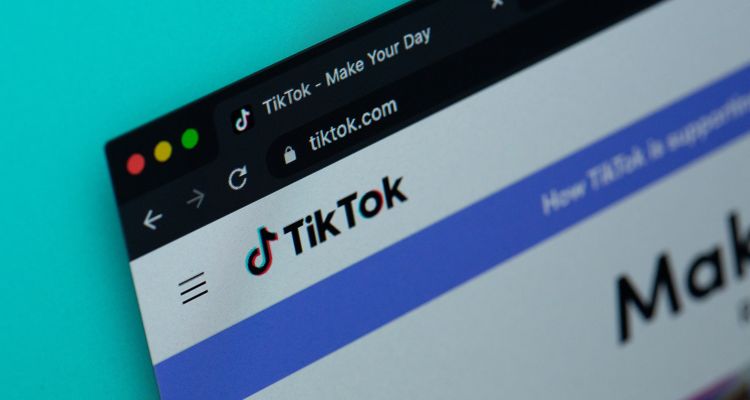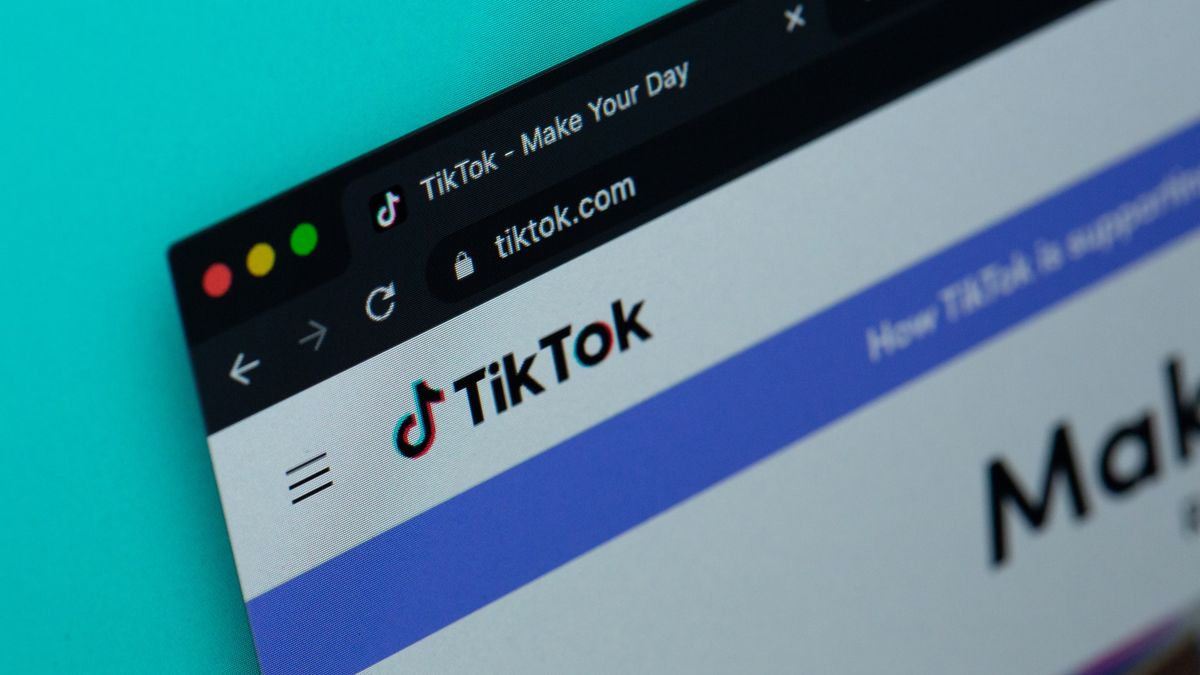
Photo Credit: Solen Feyissa
It’s no secret that success on TikTok is becoming necessary for success in the music industry. That’s especially true for indie artists. But what happens after a video goes viral on TikTok? A new documentary explores that very question.
Produced in partnership between Vox and The Pudding, the documentary takes a look at how TikTok is making its impact on the music industry at large. Beyond just ‘going viral’ as a requirement, TikTok is driving music discovery in ways veteran music execs never thought possible.
Vox and journalists from The Pudding started a project in the Fall of 2021. They wanted to see a list of indie and DIY artists who went viral on TikTok in 2020 and 2021. The idea is to see if that virality was enough to change the outlook of their career. In other words, is viral success a precursor to success in the music industry?
The data measured is taken from Chartmetric’s data of Spotify’s public playlists. There are thousands of playlists on Spotify that track viral TikTok hits. That’s because someone will hear a 15 second song clip on TikTok and they’ll think, ‘I want to hear the rest of that.’ Which leads the person to search for the song on their preferred music streaming service to listen to the whole thing, rather than just a clip. This sort of activity gives some insight into the virality of clips on TikTok and how that correlates to success in the music streaming business.
The journalists pulled Chartmetric data from as many playlists archiving TikTok viral hits as they could find. The requirements were a song had to be added to a viral TikTok playlist between January through December 2020. They then ranked the songs by their popularity on TikTok, filtering out those with fewer than 100,000 posts.
The data shows a list of about 1,500 songs that went viral on TikTok in 2020. From there, researchers had to decide if that artist was already established, or if this was their big break – which is a pretty subjective decision. Some of the artists in the list were already well established Justin Bieber, Cardi B, Charli XCX, Drake, and Jason Derulo aren’t TikTok famous. They were famous before TikTok.
So researchers returned to Chartmetric data to dig into an artists’ presence online. That includes their Spotify monthly listeners, the number of times they’ve been playlisted, and the number of tracks they’ve released. All of this Chartmetric data helped clarify whether the artist in question had a career before going viral on TikTok. After filtering the data, journalists at The Pudding discovered a list of 125 artists who hit all the marks.
- They all went viral on TikTok in 2020.
- According to Chartmetric data, it was their Big Break.
So what happened to these 125 artists after their videos went viral on TikTok?
The correlation between TikTok virality and music streaming increases is already well documented. But examining these instances of truly indie artists blowing up on TikTok reveals just how important the social media network has become to creating the ‘next viral hit.’
As people hear these 15-second song clips on TikTok, they flock to Spotify and Apple Music to stream it. The Pudding was able to confirm with data that correlates how a rise in TikTok virality boosts streaming music on Spotify specifically. It’s called the TikTok to Spotify pipeline as these viral songs make their way onto curated Spotify playlists. One indie artist went from 0 monthly listeners on August 16, 2021, to 3.4 million by October 2021 – that’s two months with an extremely viral TikTok video. That same artist has over 8 million monthly listeners as of June 2022.
We can see that the TikTok to Spotify pipeline phenomenon happened to almost all of the 125 artists researchers focused on. That is to say, each of these 125 artists saw a boost in their monthly listeners following a viral TikTok video. TikTok has become a music discovery platform for other music streaming services, which is why labels are focusing on it so much. Creating a viral TikTok hit is almost guaranteed to equal a boost in monthly listeners on music streaming services like Spotify.
TikTok’s Music Listening Culture
The community culture of TikTok is such that they expect the music they hear to be available on other platforms. One artist discusses how his fans begged him to release his TikTok music on Spotify. “When they hear something, they really wanna go listen to it,” says L Dre. His song Steven Universe has been used in more than 10 million video posts on TikTok.
L Dre shares that as he released music on Spotify, he saw a rapid increase in monthly listeners. “I pretty much went from having just like a few thousand monthly listeners to just a rapid incline for like a year or two straight where [monthly listeners] was just steadily going up,” L Dre shares in the Vox documentary. As a result, L Dre and many of the other 125 artists examined saw their other tracks get editorial playlisted on Spotify.
How TikTok Virality Influences Spotify Payments
While TikTok virality can help an artist make their big break, it also influences how much big labels are paid. We’ve already demonstrated how TikTok helps songs blow up on Spotify in terms of monthly listeners and editorial playlist features. But it also helps major labels get paid more just on how the payment structure between labels and Spotify works.
Spotify basically pays out labels according to their share of total streams in a given time period. Artists with a viral hit that racks up a billion streams in six months can increase their payout of the Spotify pool based on this. Listeners don’t really care about how viral an artist is on TikTok, but major labels do. If UMG can sign more viral TikTok artists than Warner, it gets a more significant share of Spotify’s royalty pool as a result.
What’s interesting about TikTok virality is that it appears to demonstrate how major record labels are willing to concede Spotify market share to independent or self-released artists. The documentary found a four-year decrease in major label market share on Spotify starting in 2017.
- 2017 – 87%
- 2018 – 85%
- 2019 – 82%
- 2020 – 78%
Instead, music labels’ new strategy has been to monitor TikTok like a hawk and fit new hit-makers. Sign them before they generate their viral hits so that their early viral TikTok to Spotify pipeline boom also has big label ties. “If they get in at the right time, they can probably make their money back on pretty much one track,” the documentary posits.
While major music labels are watching TikTok like a hawk to find the next viral hit, that competition leans in the artists’ favor. As long as you have a viral hit that can generate millions of hits, you may get offered a record deal that isn’t the standard 85/15% royalty split. Instead, major labels are offering viral artists a 50/50% revenue split with a licensing deal instead of owning masters outright.
Analyzing another data set, The Pudding journalists found that of 367 artists who got record deals after January 2020, 129 of them were because of TikTok virality. When compared to the original group of 125 artists, 46% of them went from unsigned to landing a major label deal. The others? They were probably offered a deal but maybe wanted to continue their independent careers.

